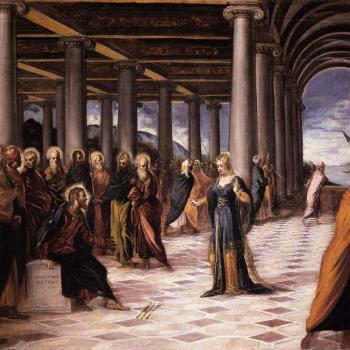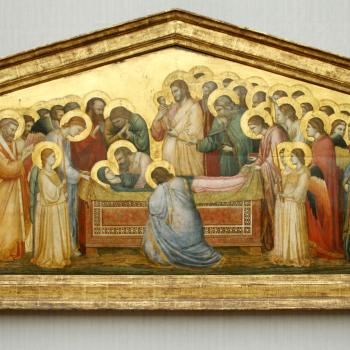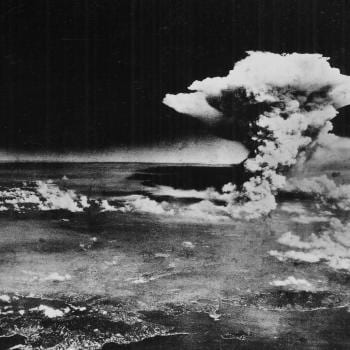Jesus, was asked what should be done concerning a woman caught in adultery. Those who asked him said that the law indicated she must be put to death (cf. Lev. 20:10). The law, they believed, promoted the death penalty and to execute the law then required the woman’s death. What, then, would Jesus suggest? Would he agree to stoning the woman? No, because Jesus understood things differently: Early in the morning he came again to the temple; all the people... Read more
















